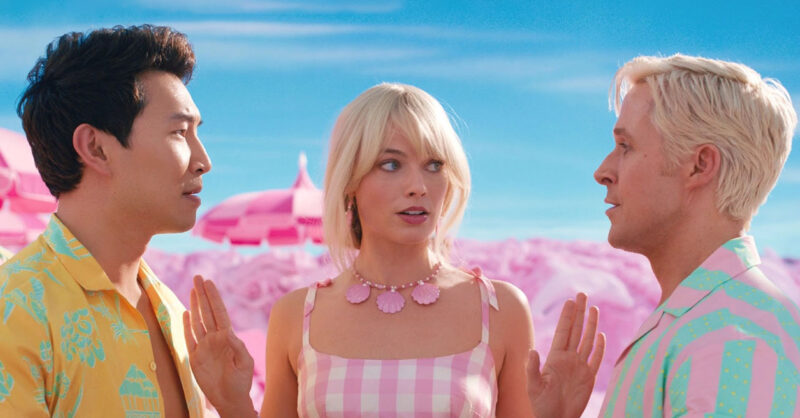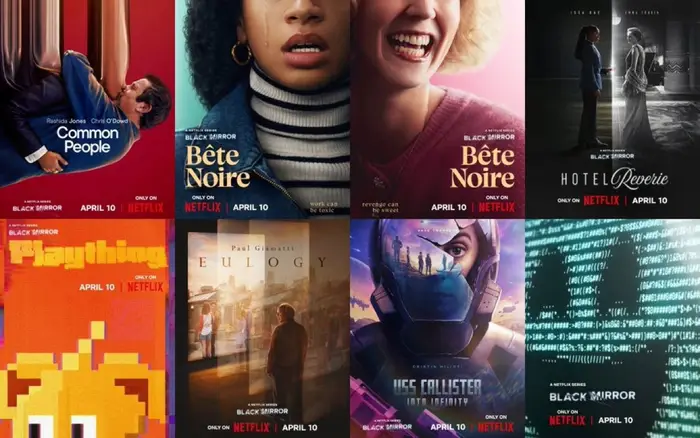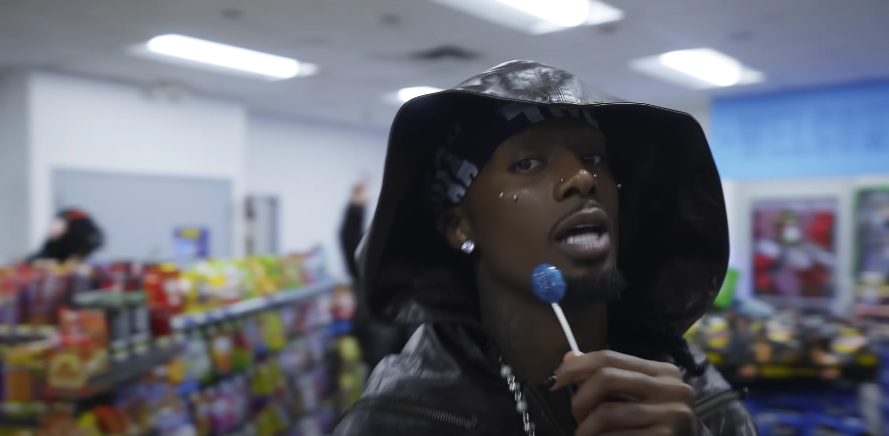At the age of seven, much of my time was occupied by playing with toys that had bright blonde hair, sparkly eyes, and cute interchangeable outfits: Barbie dolls. I had Barbies, Kens, cars, horses, kitchens, and even my own ridiculously large Barbie dream house. These toys allowed my imagination to run rampant every afternoon after school, where I would take daily visits to Barbie-land in my innocent young mind. 10 years later, I found myself sitting in a movie theater transported to Barbie-land once again, this time through an IMAX screen. Now, however, I am aware of the patriarchy and have experienced its unfortunate effects, and apparently, so has Barbie.
I was not entirely sure what to expect from the Barbie movie; but, I was pleasantly surprised to spend nearly two hours watching an engaging movie that creatively illustrates the effects of patriarchal systems through the lens of America’s most beloved doll.
At the beginning of the movie, the viewers are transported to a Barbie-land filled with plastic, pink, and lots of female power. The swapping of gender roles that occurs in Barbie-land reveals the sexism in the real world. It is clear that in Barbie-land the women are running society, while the Kens’ happiness is up to Barbies’ discretion. While this power dynamic is so blatantly unequal to all the viewers, it is a brilliant commentary on society today, because this inequality does exist in the real world, except reversed.
The plot of the Barbie movie follows Barbie along travels from the “perfect” and female-dominated Barbie-land into the real world in order to fix some of the malfunctions she is experiencing back at her dream house. When she arrives in Los Angeles, Barbie discovers that life outside of her dreamhouse is riddled with imperfections, from how women are treated, to humans’ questionable fashion choices.
When Barbie returns to Barbie-land after venturing through Los Angeles and making some friends along the way, she discovers that the Kens have taken over, and, unfortunately, brought toxic masculinity to life in this “perfect” fictional society. At this point in the movie, the consequences misogyny has on society are emphasized, because the audience sees how it affects a place that has existed without it for so long.
The beauty of this movie is its ability to clearly display and discuss the effects of the patriarchy while still being interesting for all people, regardless of age or gender. I have never watched a well-done social commentary film that also includes catchy phrases such as “mojo dojo casa house” or has hilarious moments, most notably, Dwayne Johnson in a mermaid costume.
At the conclusion of the film, Barbie reunites with her original creator, Ruth, who reminds Barbie that she has the power to transform into anyone, even a human. This interaction reminds the audience of Barbie’s original purpose, to inspire girls to be whoever they want to be in a world that so often tries to repress them from doing so.
Even though nations around the world have made great strides in recent history to dissipate the sexism within society, as a teenage girl in 2023 America, I still experience the effects of gender inequality. Sexism is often subtle, but constantly present, whether it be when watching “influencers” on social media get thousands of likes for sharing their misogynistic view on “women’s role in the world”, hearing sexist “jokes” from male classmates, or observing politicians constantly try to take away women’s rights to their bodies. These effects likely stem from the lack of understanding about what the patriarchy is and how, despite society’s progress, it still very much has a presence in today’s world.
Therefore, the Barbie movie is an incredibly impactful film for combating these issues, because it was able to communicate the patriarchy and its ramifications so clearly, that if I came across someone who did recognize the presence of misogyny in society, I would simply show them the Barbie movie. So, when walking out of the movie theater I felt a sense of pride come over me because I realized that the Barbie I played with as a seven-year-old is not some toy sitting discarded in a box but is as a tool, to try and make this world an equal place.







